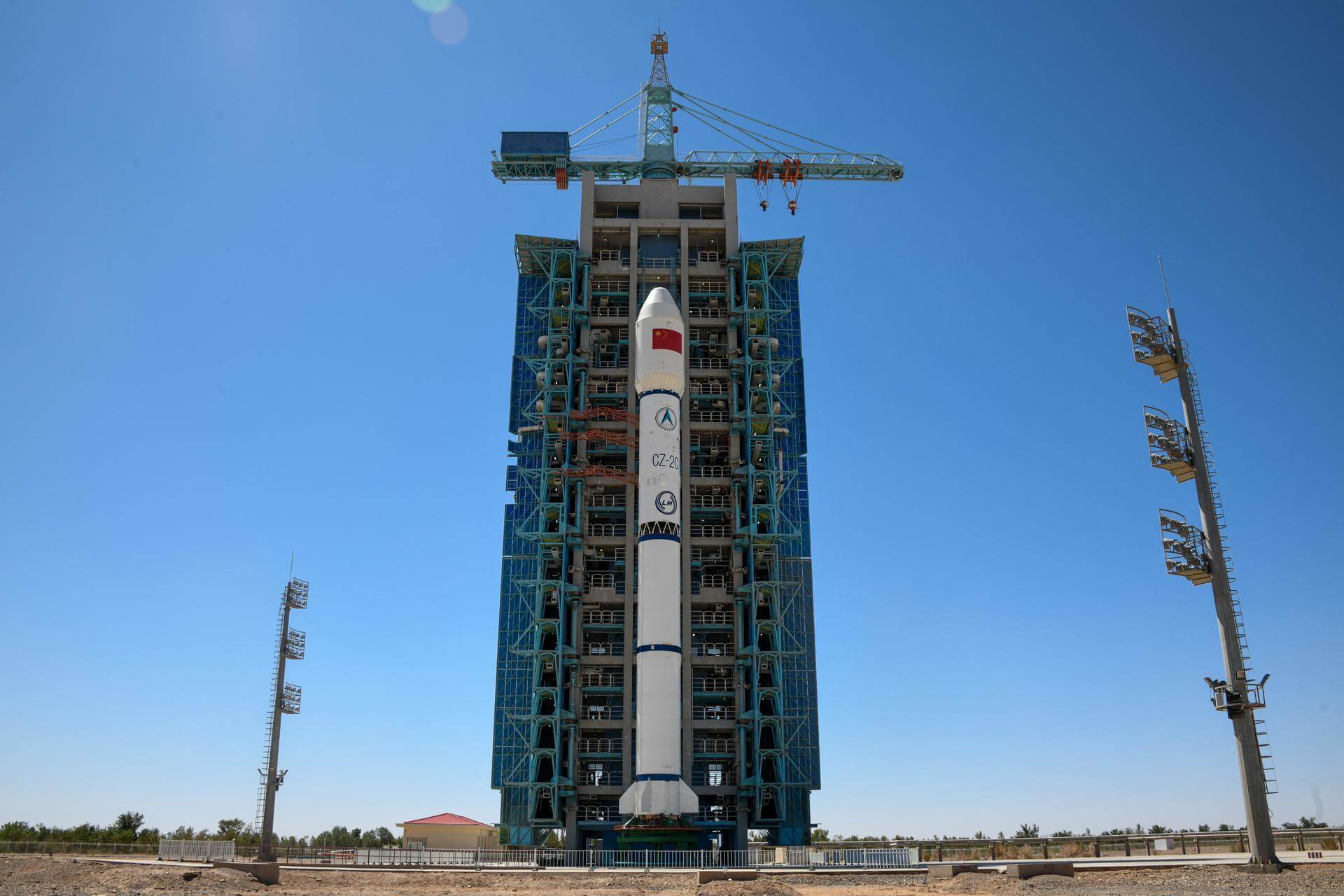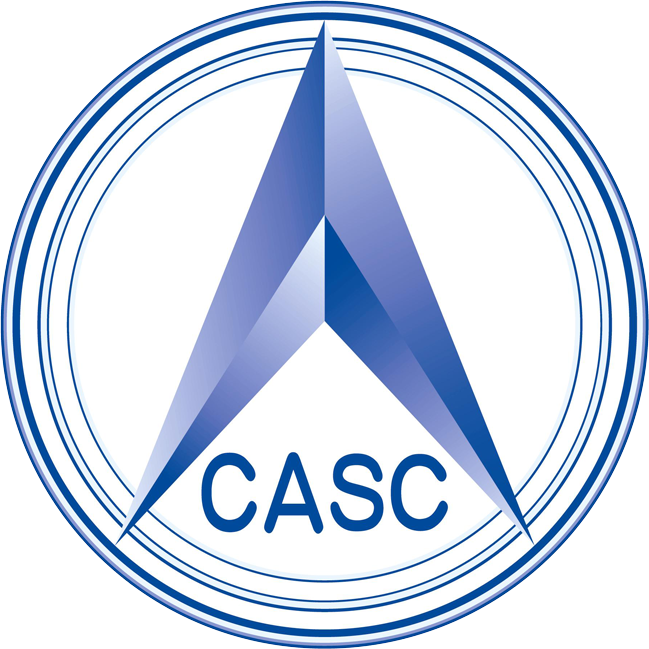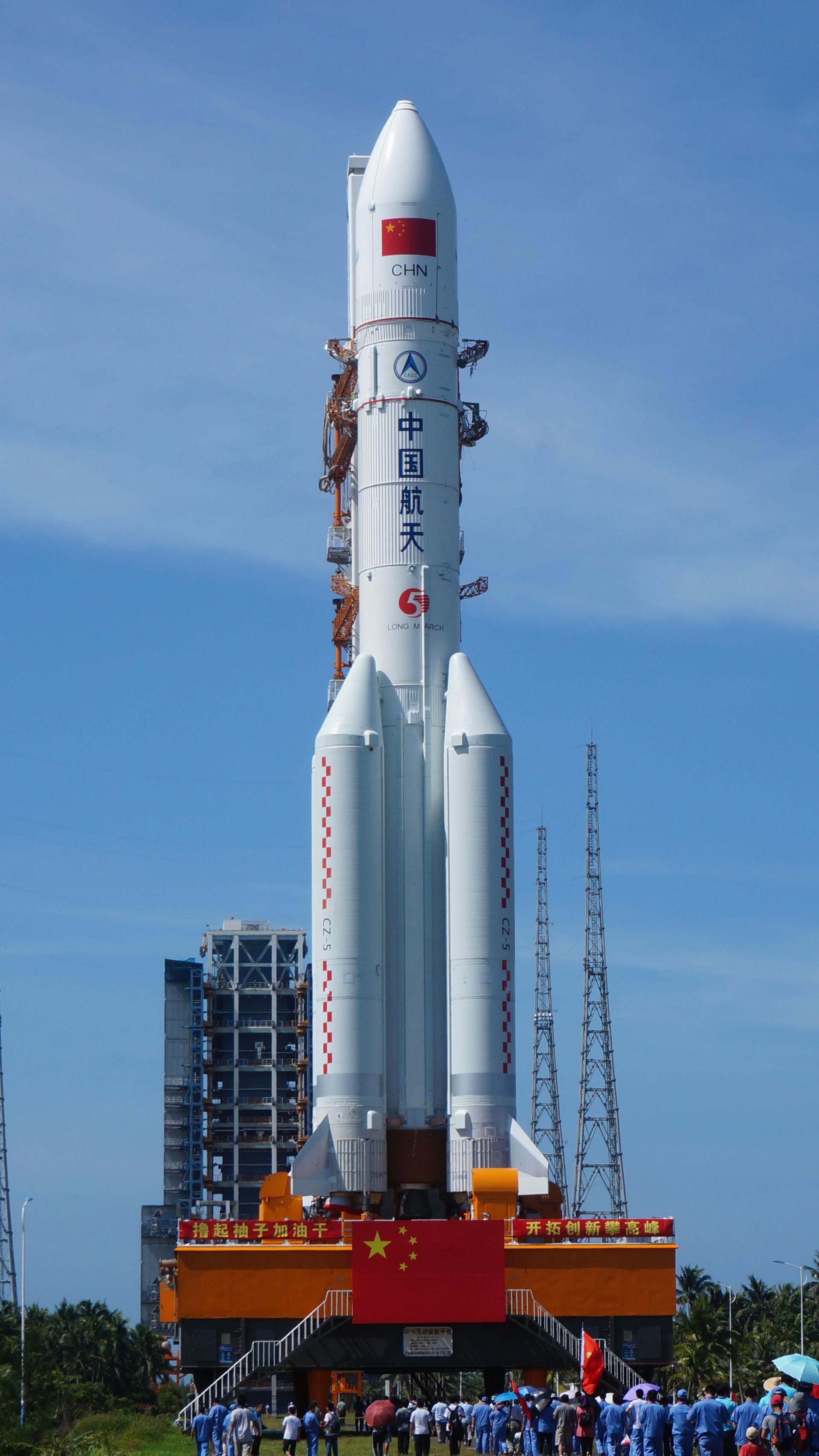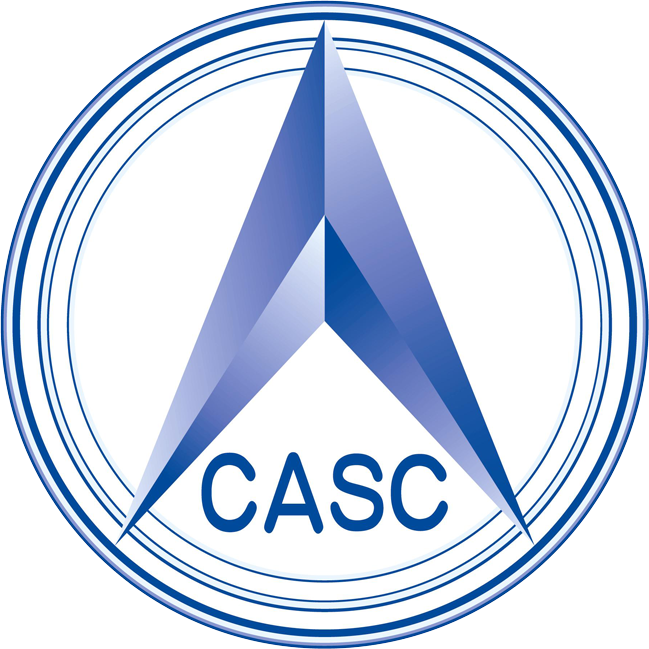
Launch
China Aerospace Science and Technology Corporation
Long March 2C | Einstein Probe
- Mission
- rocket
- Pad
- Agency
Mission
Einstein Probe
Astrophysics
Low Earth Orbit
The Einstein Probe (EP) is a Chinese Wide-Field X-ray astronomy observatory for detecting high energy flashes of cataclysmic cosmic events. These includes tidal disruption events (stars pulled apart by supermassive black holes), supernovae, and high-energy, electromagnetic counterparts of gravitational wave events. The spacecraft, weighing ~1400 kilograms, will be launched into a 600-kilometer-high, low-inclination orbit. The probe's instruments include a Wide-field X-ray Telescope (WXT) with a field of view of 3,600 square degrees, employing cutting-edge "lobster eye" optics to view X-ray events more deeply and widely than previously possible, and a Follow-up X-ray Telescope (FXT), developed in collaboration with Europe, that performs follow-up detailed observations as soon as WXT detects an X-ray event. The Einstein Probe mission is managed by the NSSC, with participation from the CAS's NAOC, the Institute of High Energy Physics (IHEP), the Shanghai Institute of Technical Physics (SITP), and the Innovation Academy for Microsatellites, a spacecraft manufacturer that has previously produced space science and Beidou navigation spacecraft. The European Space Agency is contributing to the mission with a mirror module for the FXT instrument, as well as ground station and science management support. The FXT instrument is also supported by Germany's Max Planck Institute for Extraterrestrial Physics.
Status
Launch Successful
The launch vehicle successfully inserted its payload(s) into the target orbit(s).
Pad

Location
Asia/Shanghai
Xichang Satellite Launch Center, People's Republic of China
The Xichang Satellite Launch Center is a spaceport in China. It is located in Zeyuan Town, northwest of Xichang, Liangshan Yi Autonomous Prefecture in Sichuan.
237
0
Location Image

Rocket

Long March 2C
The Long March 2C is a family of expendable launch vehicles made and operated by China. It is a two stage launch vehicle with storable propellants, consisting of Nitrogen Tetroxide and Unsymmetrical Dimethylhydrazine.
Family: Long March
Variant: C
Details
Min stage: 2
Max stage: 2m
Length: 42.0m
Diameter: 3.35
First Flight: Sept. 9, 1982
Total launch count: 64
Successful launches: 63
Failed launches: 1
Consecutive successful launches: 42
Low Earth Orbit (LEO) capacity: 3850kg
Manufacturer
China Aerospace Science and Technology Corporation
Government
CHN
The China Aerospace Science and Technology Corporation (CASC) is the main contractor for the Chinese space program. It is state-owned and has a number of subordinate entities which design, develop and manufacture a range of spacecraft, launch vehicles, strategic and tactical missile systems, and ground equipment. It was officially established in July 1999 as part of a Chinese government reform drive, having previously been one part of the former China Aerospace Corporation. Various incarnations of the program date back to 1956.
1999
Chairman & President: Lei Fanpei
Long March



Agency

China Aerospace Science and Technology Corporation
The China Aerospace Science and Technology Corporation (CASC) is the main contractor for the Chinese space program. It is state-owned and has a number of subordinate entities which design, develop and manufacture a range of spacecraft, launch vehicles, strategic and tactical missile systems, and ground equipment. It was officially established in July 1999 as part of a Chinese government reform drive, having previously been one part of the former China Aerospace Corporation. Various incarnations of the program date back to 1956.
Details
Chairman & President: Lei Fanpei
1999
Long March
Total launch count: 575
Successful launches: 560
Consecutive successful launches: 1
Failed launches: 15
Pending launches: 9
Failed landings: 1
Attempted landings: 1


